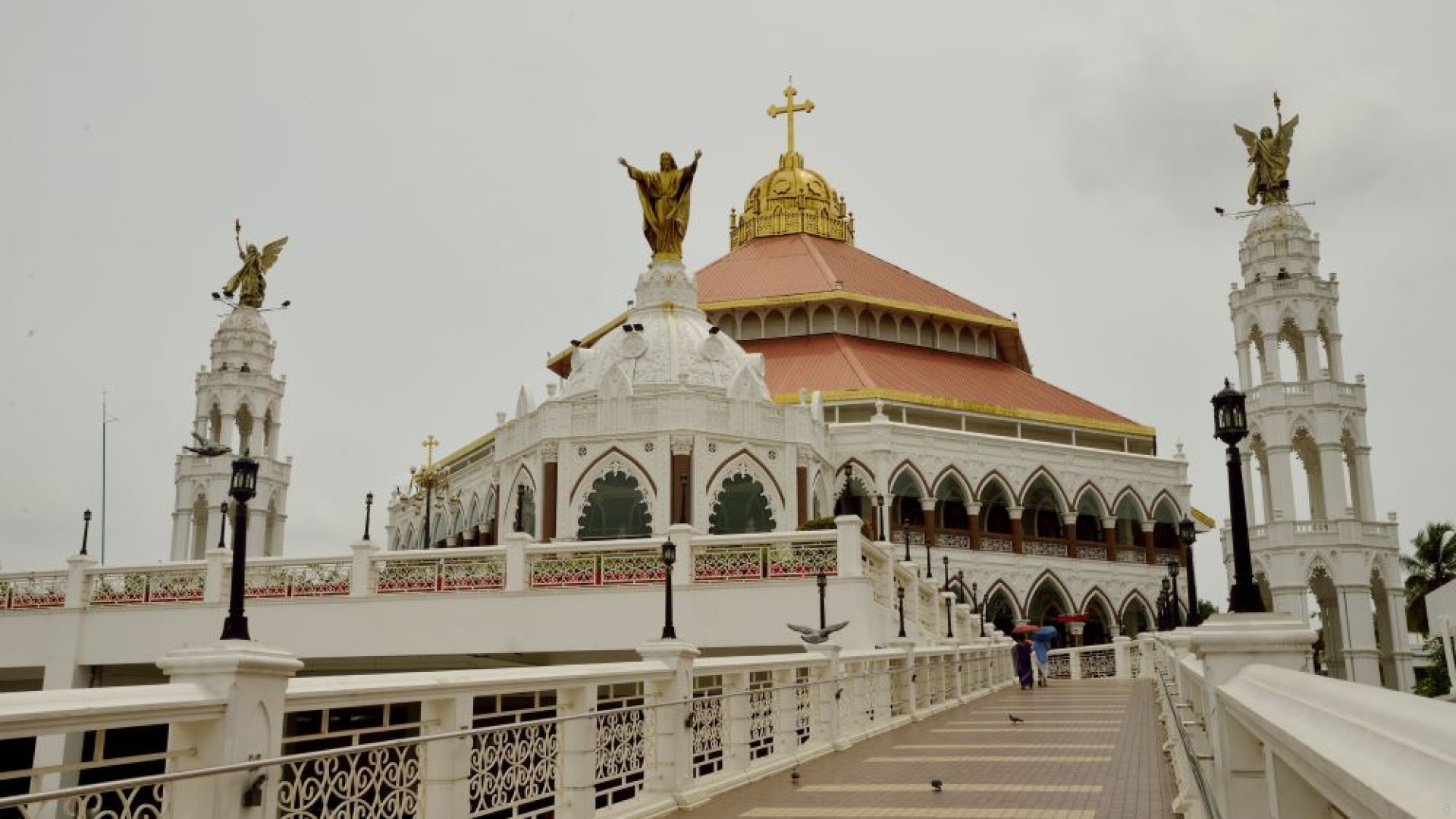Kerala: Clergy at Risk of Schism

A Syro-Malabar Church in Kerala
Nothing is going well in the Syro-Malabar Church. The majority of priests belonging to this body have once again rejected directives from Rome in order to resolve a crisis which endangers the future of Catholicism in India. Meanwhile, the ruling Hindu nationalists are rubbing their hands.
On November 7, 2023, the Syro-Malabar Church, which brings together most of the Catholics of Kerala, India, took a step further towards dissidence: 200 priests from the eparchy (diocese) of Ernakulam-Angamaly, meeting in Cochin, reiterated their opposition to any compromise in the liturgical quarrel which threatens to drag many Catholics in the region into schism.
Behind this crisis is the stated desire to refuse the return to a rite which corrects deviations that appeared over previous decades. Despite the direct appeal made to them by Pope Francis, a notable part of the priests and laity of the archdiocese demand to use a rite which presents a break with Syro-Malabar tradition.
With the exception of the Archdiocese of Ernakulam-Angamaly, the 34 dioceses of this Eastern Catholic Church have complied with the August 2021 decision of the Synod, their supreme decision-making body, to adopt a uniform mode for the celebration of Mass.
It is a situation marked by deterioration over the months. Andrew Thazhath, Apostolic Administrator of the diocese, and Archbishop Cyril Vasil – special envoy of the Sovereign Pontiff on site – crystallized the opposition.
“The administrator's way of doing things harms the image of the Pope,” write the priests in a press release in which they seek to rush into the breach opened by the Synod in Europe. “The principle of synodality means that everyone must be heard,” they are happy to assert.
As for Archbishop Vasil, he is accused of “bias” and of wanting to “sabotage” the process aimed at reconciling the parties involved in the resolution of the crisis.
Any compromise currently seems impossible. At the end of last August, an informal working group composed of nine bishops and priests representing the clergy of Ernakulam-Angamaly, issued a series of proposals seeking a solution.
FSSPX.News mentioned at the time that this protocol which provided that the Mass be reformed according to the directives of Rome would be celebrated every Sunday in the cathedral, the seminary, and the places of pilgrimage, while elsewhere the priests remained free to celebrate Mass facing the faithful. It was a compromise that did not receive the approval of the Holy See.
“If the administrator wants to defy the synod and resort to the old methods of the Great Inquisition, he will have to personally assume the consequences, because there is no question that we will leave the archdiocese in a chaotic pastoral situation,” warns the one of the representatives of the local clergy.
The ball is now in the court of the Dicastery for the Oriental Churches under whose jurisdiction the Eparchy of Ernakulam is directly placed. There always remains the possibility of finding a way out by putting aside the current administrator, but it is not certain that agreeing with the dissident clergy will facilitate the application of a liturgical reform expressly defended by the Roman Pontiff.
(Sources : The New Indian Express/Crux/Ucanews – FSSPX.Actualités)
Illustration : Photo 127222362 © Trinijacobs | Dreamstime.com





